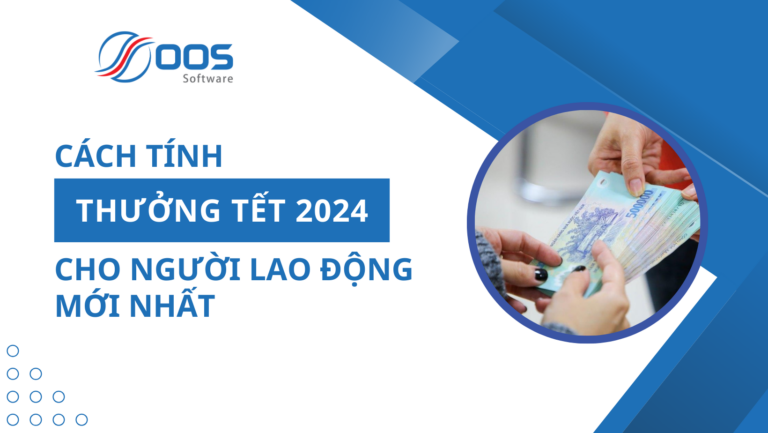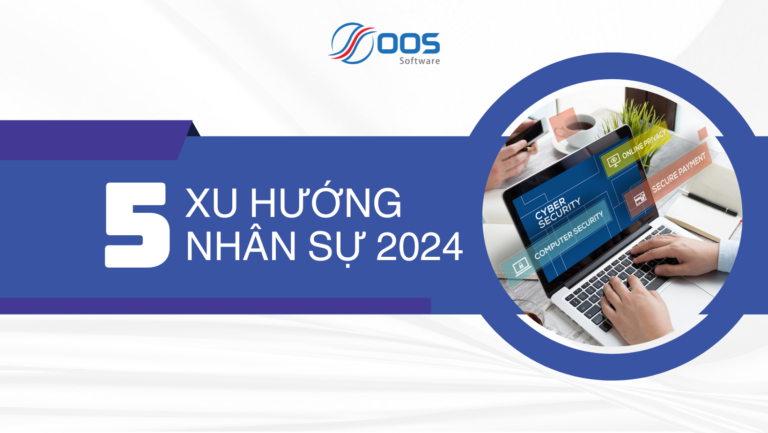Digital government, digital citizenship, digital banking, digital businesses, digital economy, ... may sound trendy at first, but actually have been and are present in our daily lives, visible right from the start. smartphone in your hand.
Digital economy on smartphones
If five years ago, ten years ago, when you walked out of the house to start a new working day, reached into your pocket and discovered you forgot your wallet, what would you do then? Maybe 9 out of 10 of us will come back angry because we can't leave the house without a penny in our pocket.
But if today, we go out of the house and find out we forgot our wallet, but still have our smartphone (smartphone), maybe not many people will have to go home again and if we still remember to bring our wallet, but forget the phone, surely many people will have to return. Because simply, with a smartphone and a few applications in it, like an e-wallet, you no longer need money.
Useful applications for each of our daily lives, from technology car hailing; book hotel room; call the courier; “order” food or items; payment of electricity, water and gas bills; Come to monitor your health every day, or simply go through the camera to see what your kid is doing at the preschool or "video call" with a relative in the countryside... all in the phone. your smart.
Broadly, economic activities - serving people's lives and activities, from e-commerce; Traffic, tourism, communications, finance and banking, education, health... have all been digitized, connected via the Internet and on devices with online applications.
The digital economy - the trend of digitizing and connecting activities via the Internet platform - seems far away, but has actually penetrated very deeply into everyone's life. Digitization is therefore not a "virtualization" but in fact the application of information technology so that real-life activities operate in a new, more creative and efficient manner.
Digital government (a further step of e-government), digital citizens, digital banks, digital businesses... sounds trendy at first, but actually, has been and is present in our daily lives. ta, can be seen right from the smartphone in your hand.
Following the US, the cradle of technology, Europe follows with its vision and plan for a "Single Digital Market", Australia has "Digital Australia", and Singapore stands out. slogan "Smart Nation" (smart nation) with technology as the core... Digital Nation - digital nation - becomes the vision and goal, from which governments develop strategies for digital economic transformation country, creating a new development impetus for the economy, so as not to be left behind in the fierce competition on a global market.
Western developed countries - the origin and main land for the explosion of information technology, especially in the decade 2000-2010 (Google, Amazon, Facebook, Apple all started in this period) - continue to recognize the importance of promoting the digital economy.
Vietnam and major policy issues to be resolved
Vietnam, at the government level, places more emphasis on “industrial revolution 4.0” – even though the core elements of 4.0 include information technology and digitization. However, in fact, as mentioned above, the digital progress in the business sector, in the social life, and in digital economic and commercial transactions of people is happening at a very fast and positive speed. .
Vietnam, with the advantage of a young population, quick to grasp technology, is among the top countries with growth rates in terms of Internet, smartphone, and social network users. Digital economic transformation, while not requiring a national strategy and government action, in fact the private sector and the people are already one step ahead.
But besides that positive aspect, at the national level, the major socio-economic problems of the process of digitizing life are becoming more and more obvious, beyond the capacity of the private sector to solve. and need the action of the state. And in fact, not only Vietnam, these problems have also appeared in other countries and become a common policy problem at the global level.
Four emerging problems were clearly identified. The first is to protect people's privacy on the Internet. The Facebook incident, through the Cambridge Analytica scandal - when the personal data of about 80 million US user accounts was illegally exploited by third parties - was the culmination that made the world look back on the information disclosure. information, how your personal data is being managed and exploited by businesses. In Vietnam, data leakage, trading and personal data exploitation are also common, in which prominent cases involve even large enterprises.
The second is the problem of fake news, inaccurate information and extremist statements in the social network environment. "Gossip" is a millennial human culture. But slander, fabrications, in the environment of "bamboo village" when posted online - which have no borders, and the speed of spreading and sharing is as fast as light - become problems that not only damage interests. individual, community, but also society as a whole.
Even the United States became a victim when their presidential election was also dominated by disinformation on social networks. And in Vietnam, not only the Party, the State, and not only leaders are attacked by fake news, so-called "bad and toxic" information, every citizen and community is also suffering from similar problems.
But how to balance the development of the digital economy (social network is a platform for business) and the needs of users to express their views, personal opinions, and share information; how to balance between controlling "extremist speech" and the people's right to freedom of speech and expression is not an easy problem to solve and currently has no answer.
The third is the economic issue, which focuses on management, especially the issue of tax collection for cross-border trade activities and service provision. Internet is borderless, territory and geography become relative when sitting anywhere businesses can also work or do business. Obstructing the circulation of information and data is cutting the lifeline of the digital economy. But how to collect taxes, how to ensure benefits for employees when Grab, Netflix, Airbnb are not in Vietnam but do business in Vietnam?
And finally, the fourth problem, not every country's problem, but Vietnam's own problem: the dispute settlement system for business, commercial and civil activities in the digital environment. The judicial system is inherently an inherent weakness of Vietnam and becomes more of a problem when entering the digital era. Because of the speed and influence of the dispute, if in real life it is 1, on the digital environment it will be exponential to n times.
Without a good judicial system to resolve disputes, to protect digital citizens, beware that businesses will migrate to a country with a better judicial system. For digital businesses, a hard jurisdictional border no longer makes sense and this is not an empty warning, the fact that Vietnamese startups prefer to "Sing" is a living proof.
A digital country, a digital economy will certainly be a big driver for Vietnam – that doesn't need to be discussed too much. However, identifying and obtaining major policy solutions are issues that need attention. Once again, "4.0" is still far away, but the transformation of the number of countries and the problems posed above is already present.
Source: Saigon Economy Online























